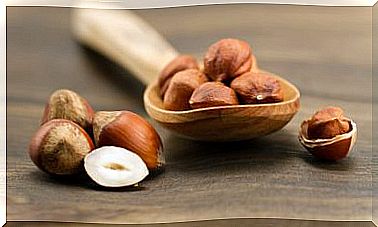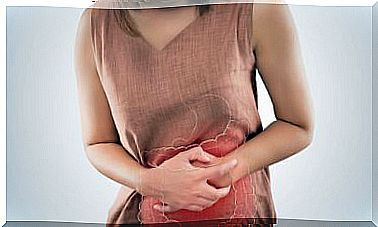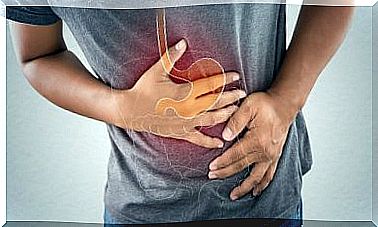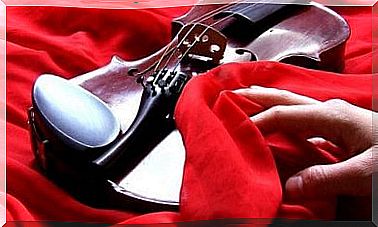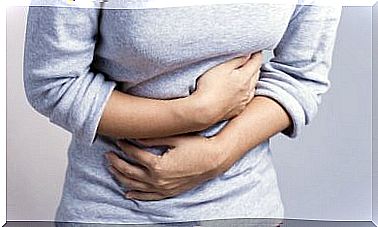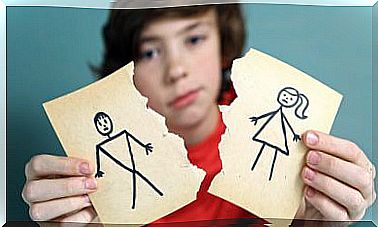How To Avoid Night Mosquito Bites?
Nighttime mosquito bites are quite annoying. They cause itching, swelling, and sometimes allergic reactions. The female is responsible for the attacks. It uses its sharp oral appliance (proboscis), to extract the blood of its victims and promote the production of their eggs.
Although the prick does not usually cause pain, the saliva released by the animal generates a red welt on the skin. This is followed by symptoms such as itching, blisters, or rashes. However, the greatest risk is the spread of diseases such as dengue and malaria, among others.
Why do mosquitoes bite?
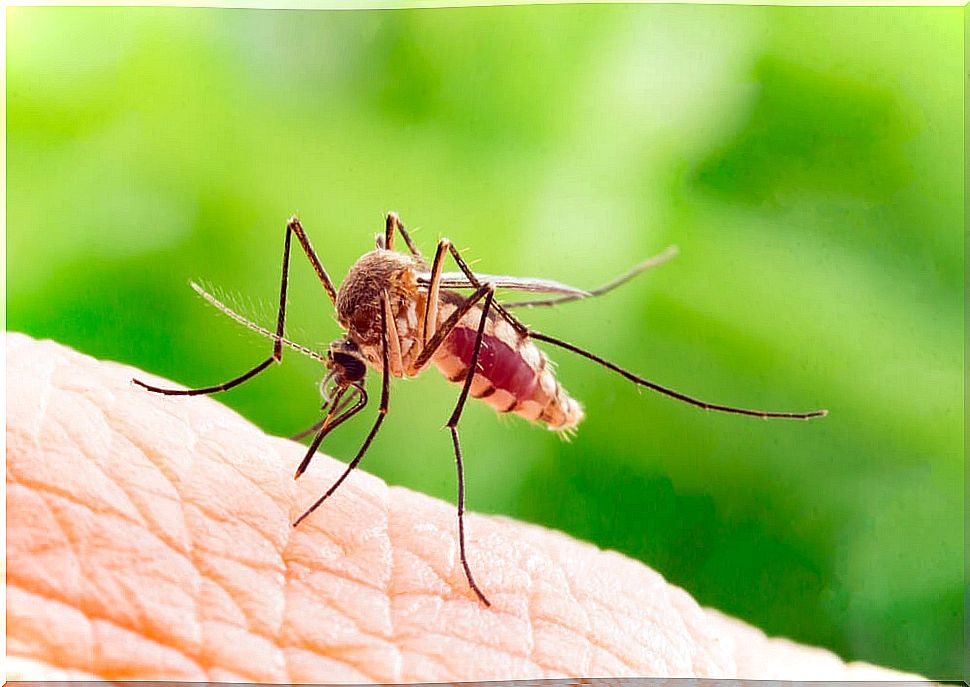
Mosquitoes abound throughout the world. It is said that there are about 3,500 species, and that each female lays about 3,000 eggs a year.
Hence the possibility of getting rid of a sting is almost impossible. However, there are people who (by genetics) are more likely to receive their punctures. Additionally, there are other aspects that affect bites.
Those who wear dark clothing are more prone to mosquito bites. This is due to the unique predilection of these animals for black and blue.
The type of blood also has to do. Studies suggest that people with blood type O attract more mosquitoes than those of type A. It also involves the secretion of substances such as cholesterol, sweat, ammonia and lactic acid. Even the presence of skin bacteria and high body temperatures act.
Other factors that attract mosquitoes
Insects lurk at any time of the day, but night mosquito bites are very common. They do not do it on a whim, or by chance; apparently they have a biological clock like humans. That would be what guides them to go out at night to find their livelihood.
Mosquitoes generally target people who emit higher amounts of carbon dioxide, such as the elderly and pregnant women. Also towards those who do not bathe, move too much, wear sweet perfumes or suffer from excessive sweating on the feet.
Mosquitoes do not have good eyesight, but they do have good smell. The smell leads them to their victim. And it is individual predisposition that determines the intensity of response to the bite.
Particularly in Spain, mosquito bites are not associated with serious pathologies, unlike what happens in Africa and Asia.
What to do to prevent night mosquito bites?
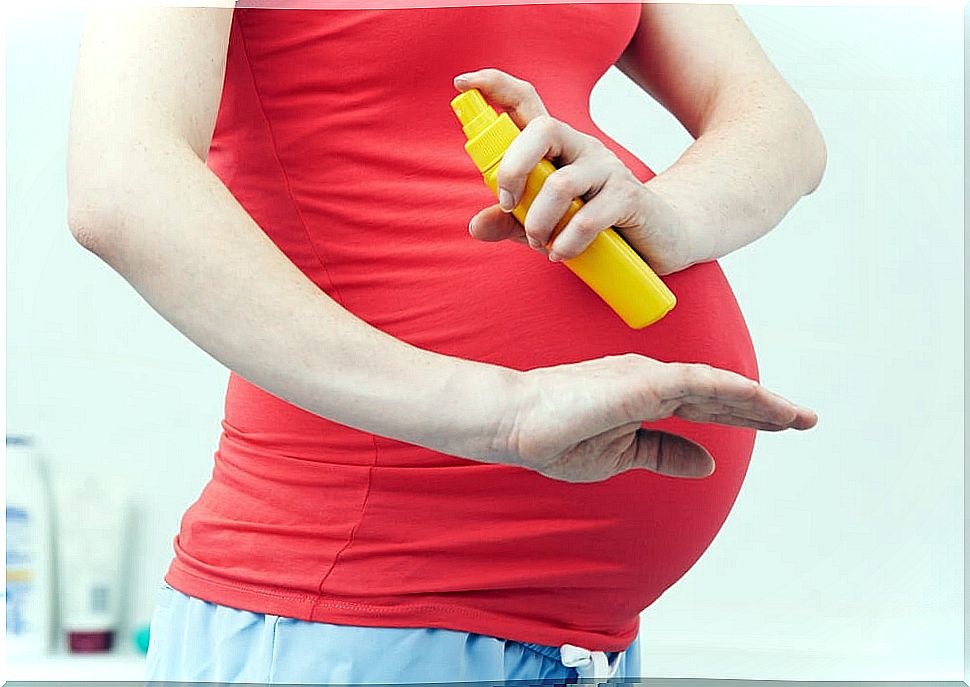
The first indication to avoid nighttime mosquito bites is the use of repellants. Despite being effective, its application should be done with caution. Keeping away the area of the mouth and eyes, as well as wounds or areas damaged by the sun. These products do not kill them, but they do drive them away.
Its effects usually last up to 8 hours, and are offered in various presentations: spray, towels, creams, ointments, and so on. Whichever is chosen, it must be of low toxicity, reduced interactions and effectiveness against several species.
The installation of mosquito nets is another solution. Ideally, your holes should measure 1.2mm by 1.2mm, and should be placed in doors, windows and around the bed. There are light insecticides that can be sprayed on them for extra care.
Other actions to repel mosquitoes
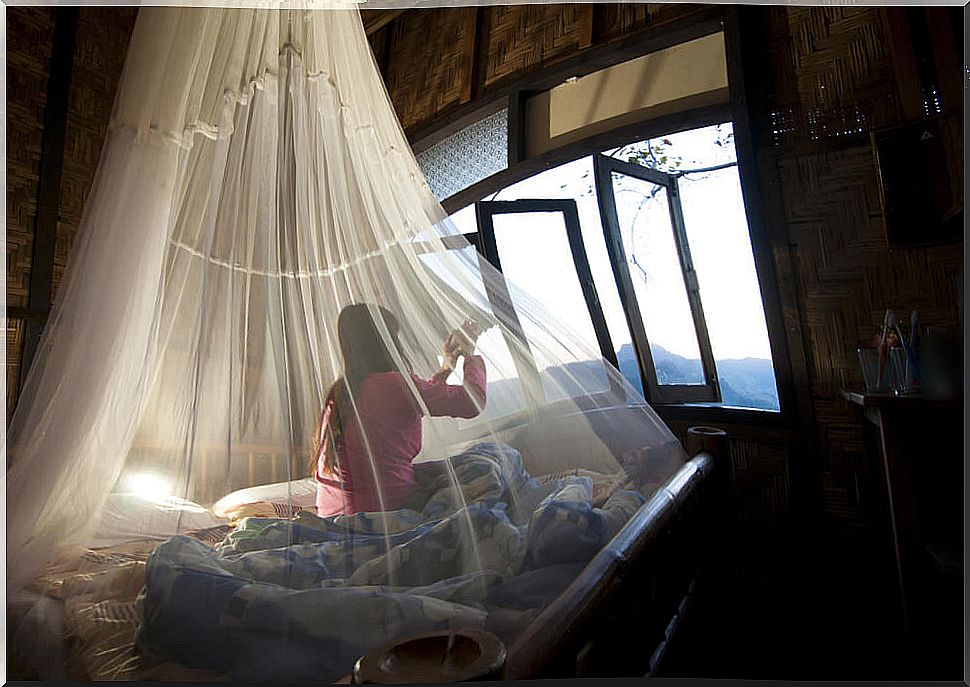
Nothing that is done to control the emergence of mosquitoes in the home is exaggerated. In addition to stinging, these insects interrupt sleep with their powerful buzzing sound. With these measures, you can fight them effortlessly.
- Wear anti-mosquito bracelets. Its composition of citronella and other repellants provides protection.
- Eradicate the habitat. They reproduce in stagnant water sources, so they must be eliminated.
- Wear appropriate attire. Long, light-colored garments serve as protection.
- Resort to natural remedies. Plants or substances that repel mosquitoes can be placed near access points and windows. Vinegar, basil, eucalyptus and thyme are suitable for this. Vaporizer plugs are practical and easy to use.
- Maintain hygiene. Although it sounds obvious, it is necessary to disinfect the sheets with hot water and vacuum. The bed drawer and headboard also need to be cleaned and fumigated.
After the bites it is recommended to wash the area, avoid scratching and place cold compresses. If it stings too much, you can take a doctor-recommended antihistamine. If it becomes infected, it is best to go to the nearest health center.
